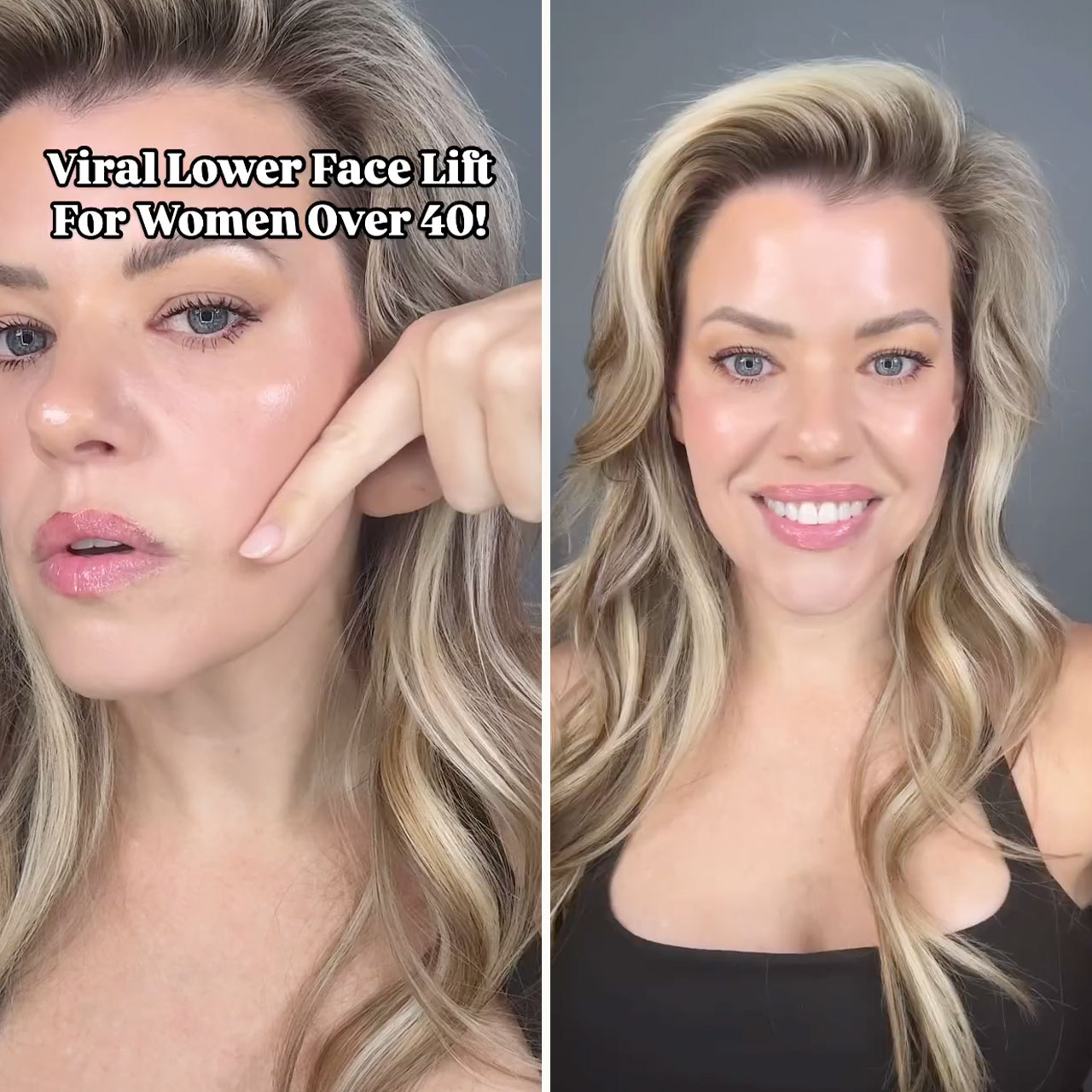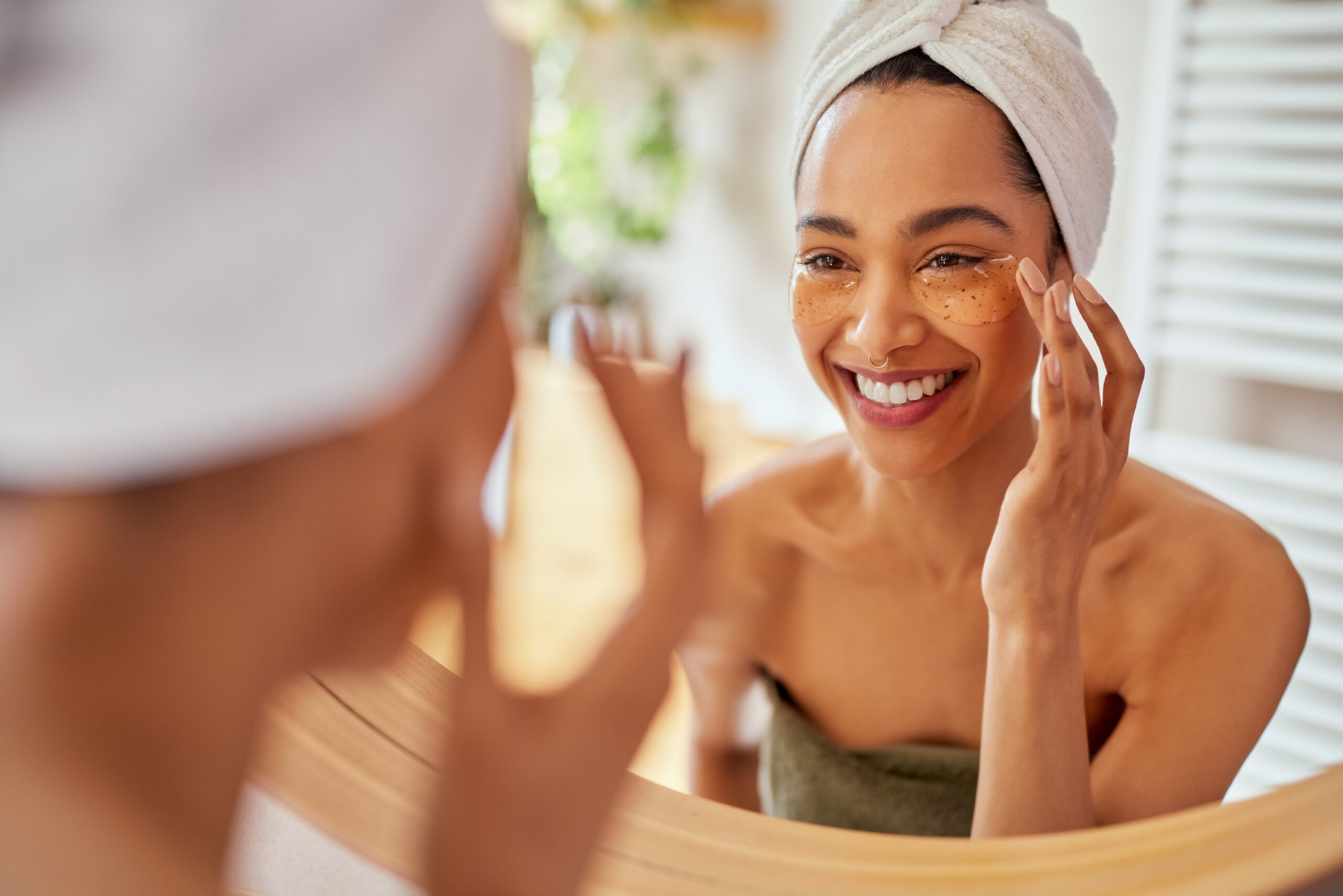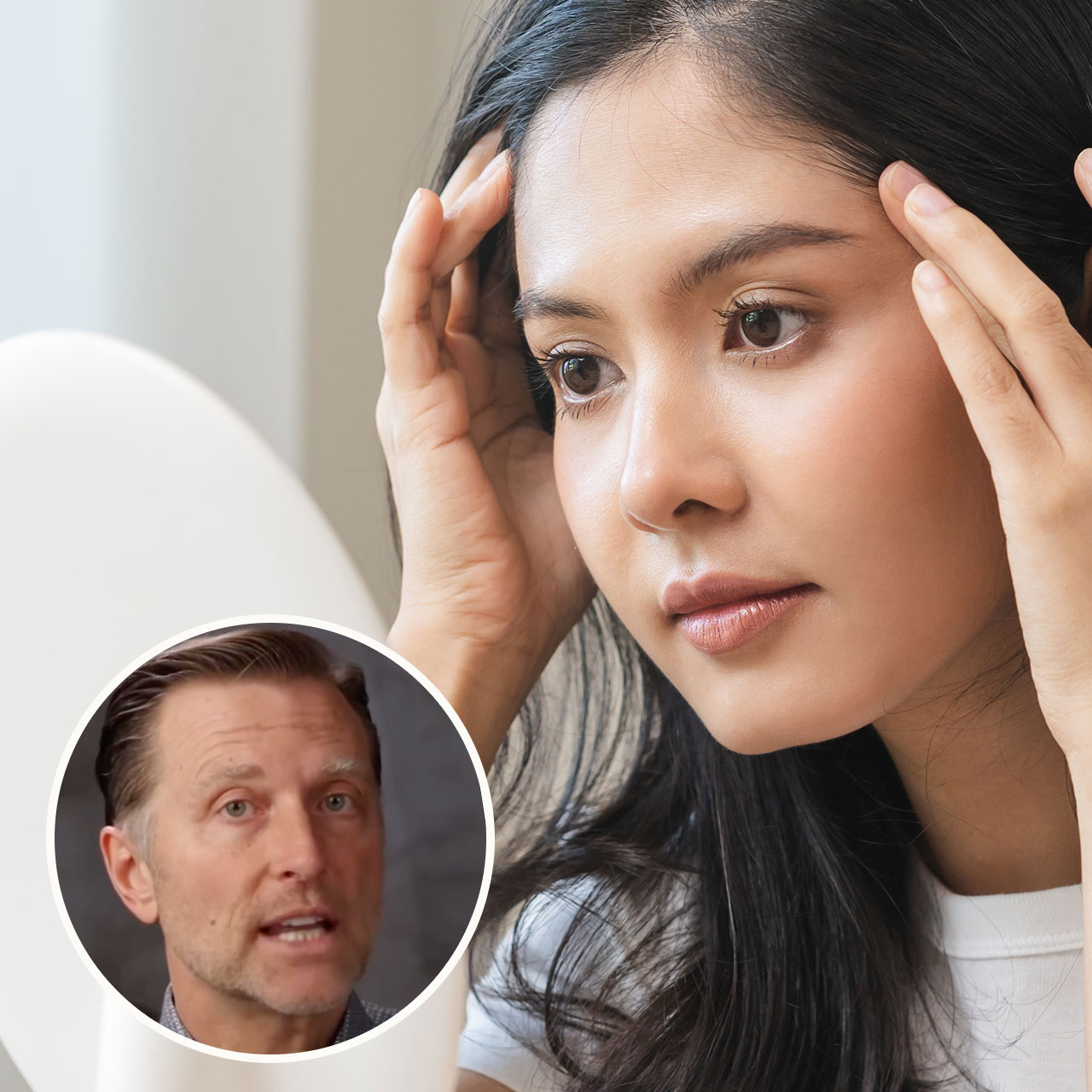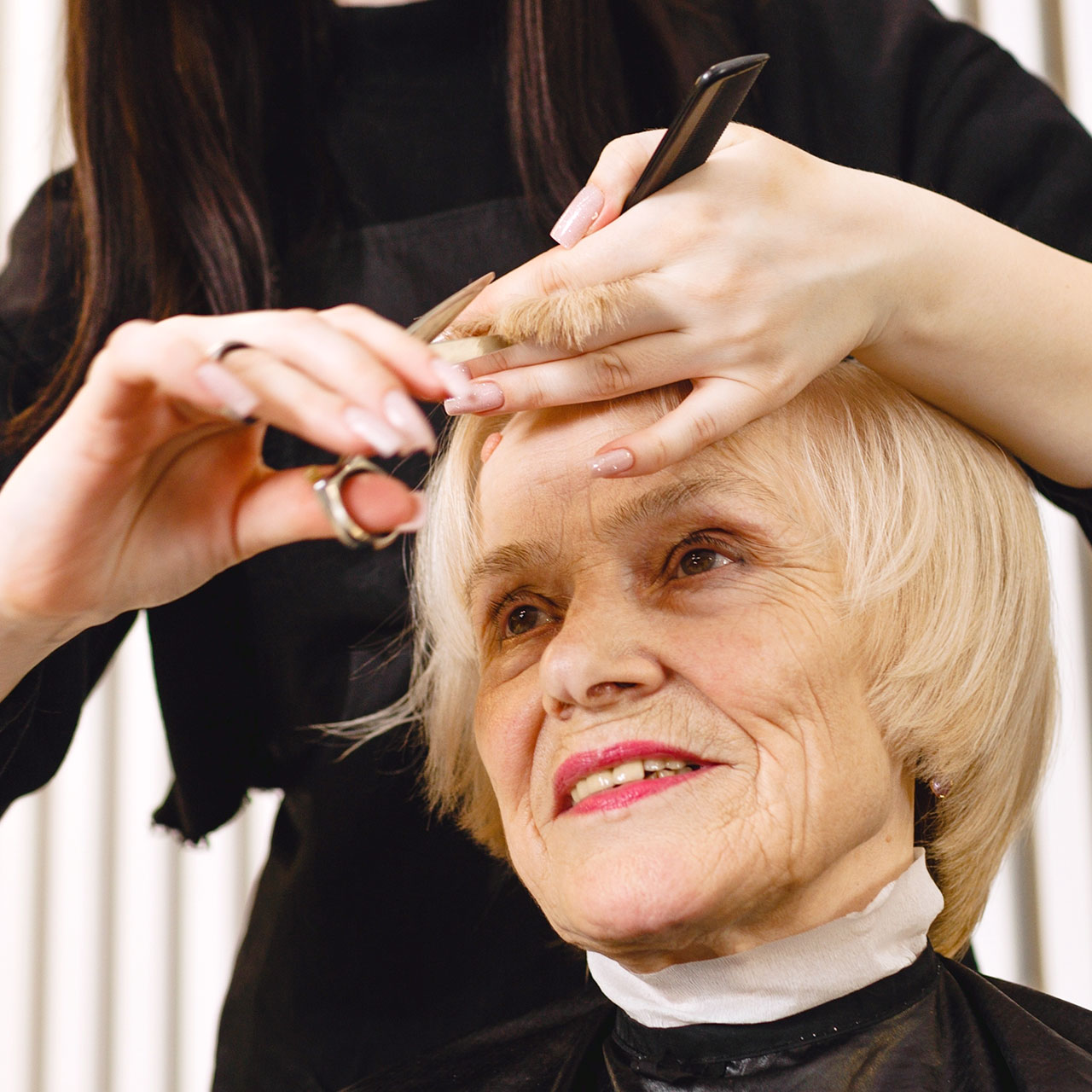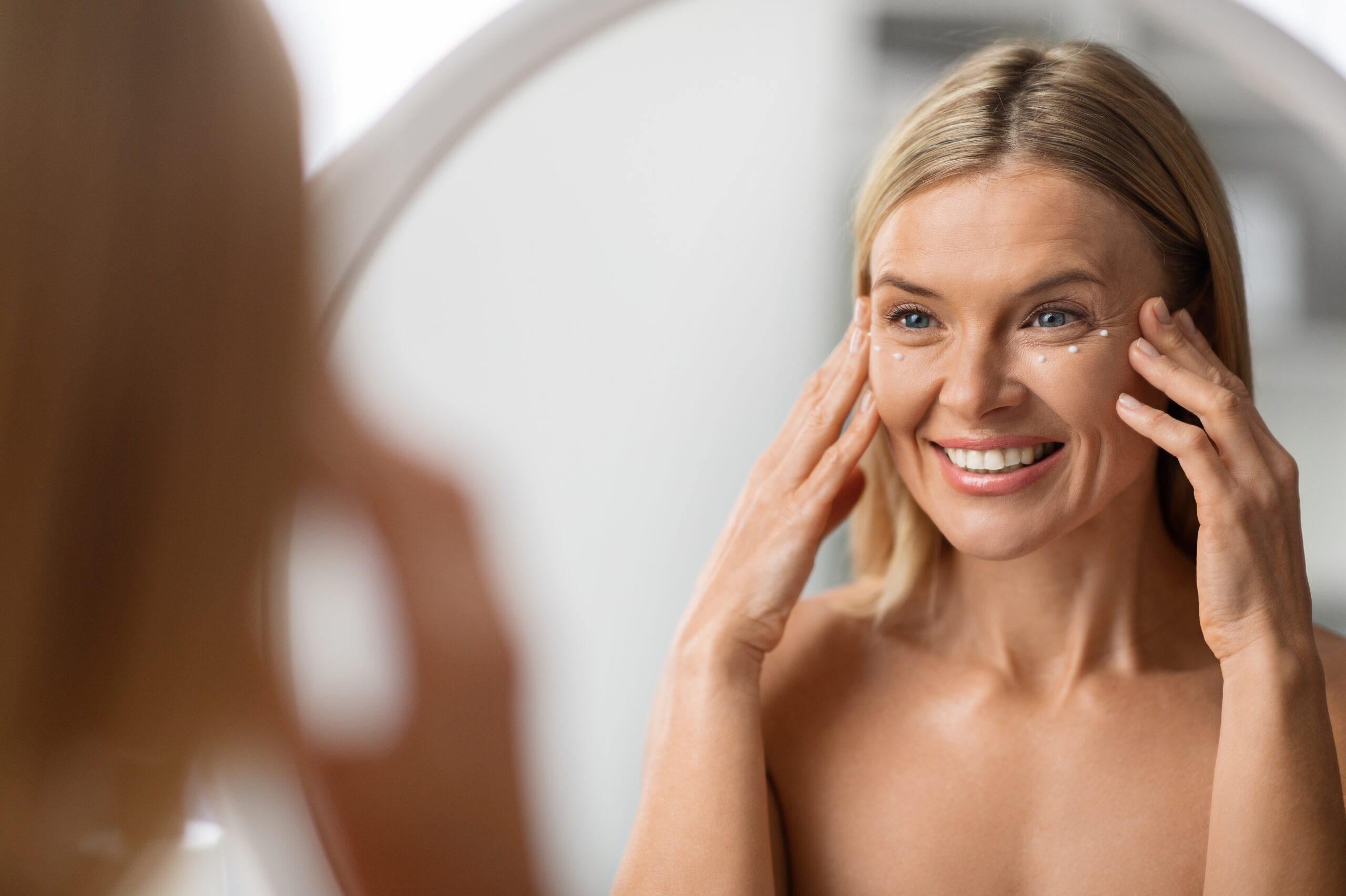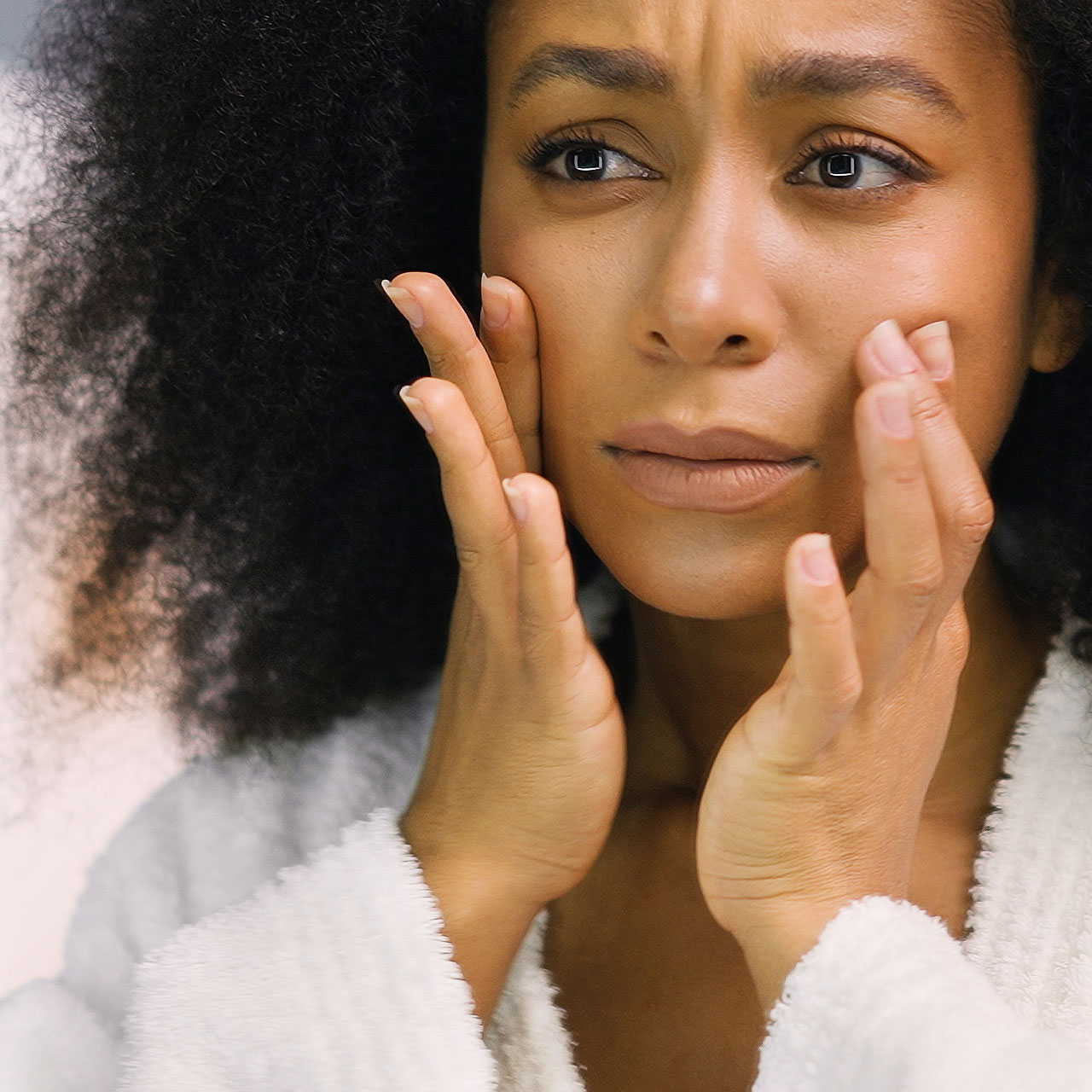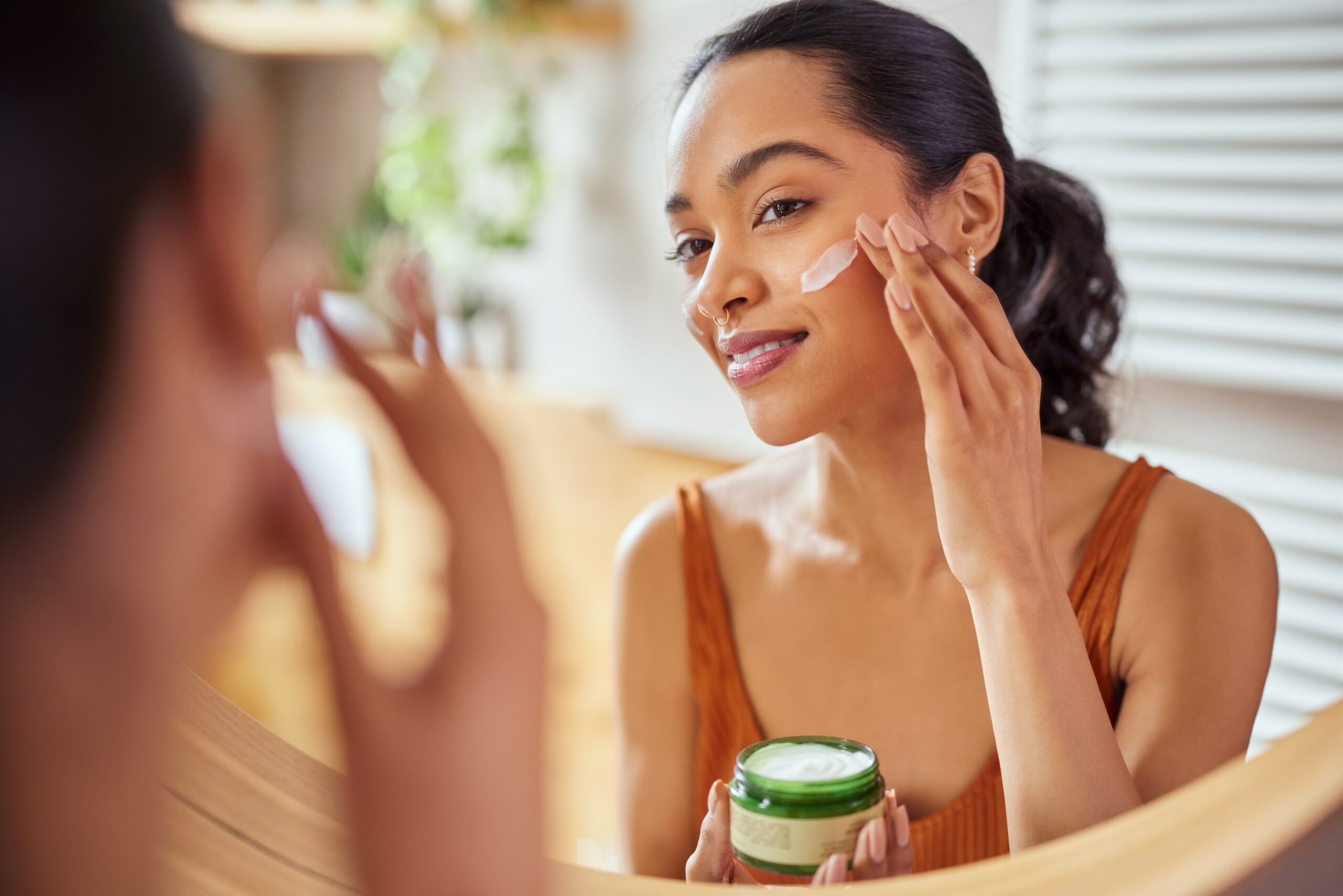This is an archived article and the information in the story may be outdated. Please check the time stamp on the story to see when it was updated last.
Taking a closer look at the ingredients in your skincare products can be a great start to establishing a healthy beauty routine. With that in mind, eliminating any products with dangerous or harmful ingredients is an important step in the right direction.
To make it easier, we spoke to dermatologists about the 4 skincare ingredients no one should be using anymore in 2020.

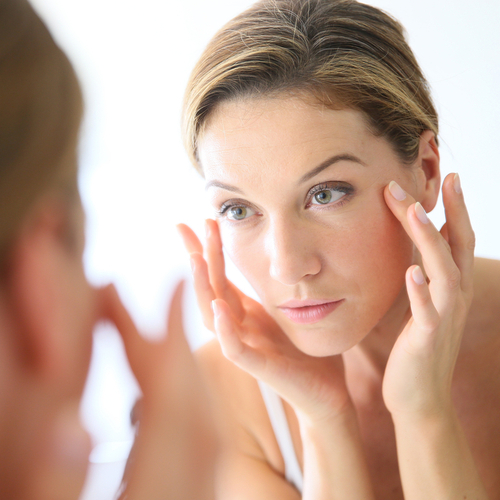
Triclosan
Dr. Jessie Cheung, board-certified dermatologist, explains how this ingredient can be harmful for your skin: "Triclosan is commonly found in 'anti-bacterial' washes - yes, it makes you feel safer when you use it, but triclosan has been linked to antibiotic resistant 'superbugs.'"
That's not all. Cheung continues, "More recent studies have found that triclosan may cause hormone disruption. The FDA banned triclosan from household soap products in 2016, and from over-the-counter antiseptic products in 2017, but triclosan can still be found in some cosmetics, toothpaste, clothing, kitchenware, and toys."
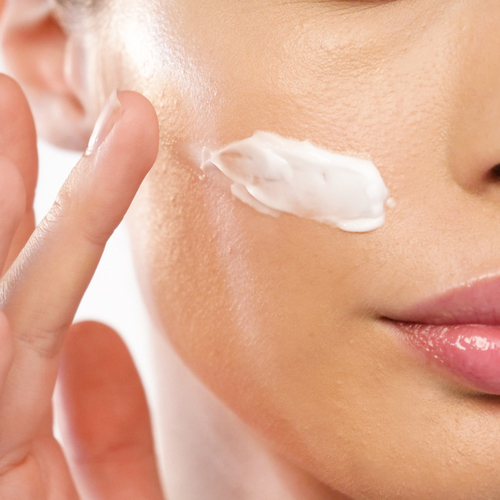
Fragrance
Cheung explains the danger of fragrance: "Fragrance mix contains many possible sensitizers that can cause allergic reactions."
Even unscented products can have fragrance added: "A masking fragrance can still be used in products labelled as 'unscented' (such as baby wipes or laundry detergent), so be sure to check the label for ingredients. A safer bet is to use products labelled for 'sensitive' skin."
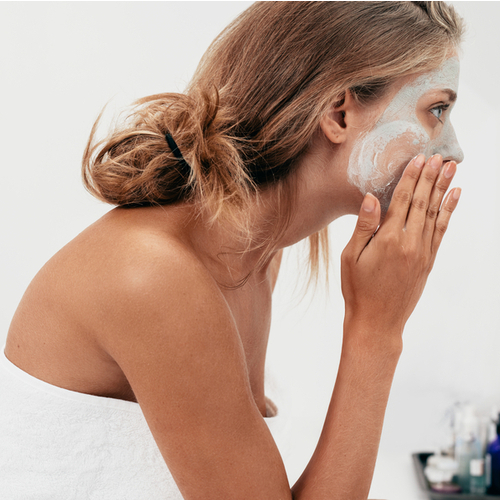
Methylisothiazolinon
Dr. Charlotte Birnbaum of Spring Street Dermatology in New York City explains the problem with Methylisothiazolinone (MI): "MI is a preservative used to prevent bacterial overgrowth in cosmetics and household products, such as make-up remover wipes, shampoos, deodorants, detergents, moisturizers, make-up, and baby wipes. It is one of the most common ingredients to cause allergic contact dermatitis."
She continues, "This very allergenic product has taken the place of other preservatives such as parabens and formaldehyde releasers, that have gotten a bad reputation. It is actually banned in Europe but not in the US."
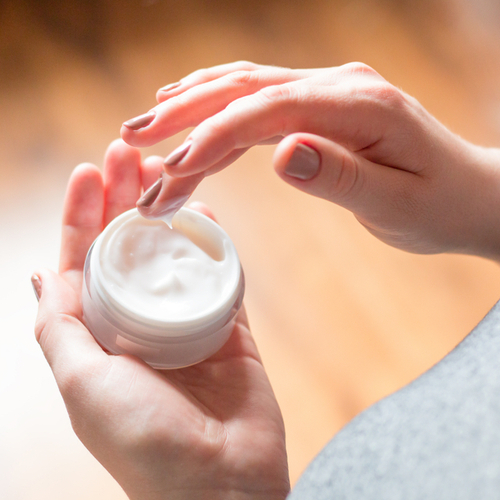
Pure Essential Oils
Birnbaum also cautions against essential oils. She explains, "Many people equate 'natural' with 'safe,' which is not always the case. Be careful with pure essential oils, especially rose or lavender, which contain geraniol. This can cause an allergic or irritant reaction on the skin. Citrus essential oils can cause a reaction in the sun called phytophotodermatitis, which can lead to hyperpigmentation of the skin, so avoid oils with lemon, lime, or bergamot."
They can also be dangerous for those with acne: "Oils in general are comedogenic, meaning they clog pores. If you are acne-prone, I would steer clear of oils."




